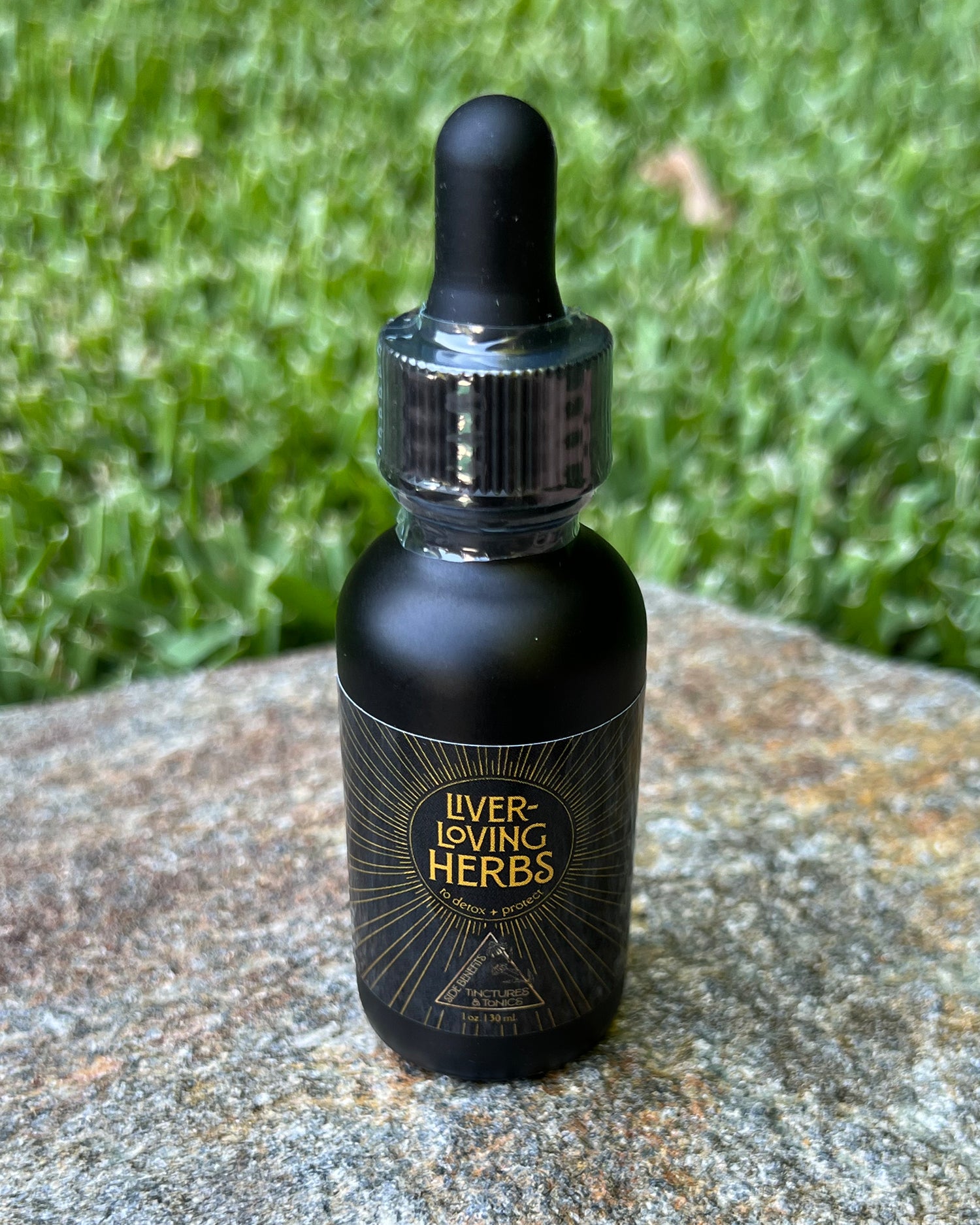Chronic inflammation in the body is one of the main reasons why we experience CVD
Its all connected
The body is a system of systems – which are all connected, but it’s the cardiovascular system that plays a major role in our daily activities, such as exercise, stress regulation, and temperature control. Keeping it healthy is essential to optimal health. This core system includes circulation and vascularization along with the metabolic processes that influence healthy vascular flow and balance of healthy lipid profiling.
High blood pressure
Statistics show that almost one in three Americans have high blood pressure, with hypertension being the leading cause of cardiovascular death in this country. If you are continually measuring high blood pressure readings (above 120/80) and it isn’t due to white coat syndrome (when the readings at your doctor's office are higher than they are in other settings due to stress), then your body is sending you signs that it is chronically inflamed. If your primary care physician diagnoses you with chronic high blood pressure (when your readings reach 130+/80+), they will most likely put you on a medication to lower your blood pressure – because lowering your blood pressure is key in preventing heart disease and strokes. FYI, any readings over 180 systolic and/or 120 diastolic is considered a hypertensive crisis. If blood pressure remains high, a person is more likely to develop cognitive decline (dementia and Alzheimer’s), as research has shown that high blood pressure disrupts regulatory mechanisms in your brain by impeding blood flow, thereby causing neuronal damage and dysfunction.
Elevated blood pressure can absolutely be lowered naturally and while there are many pieces of this puzzle – it starts with you eating an anti-inflammatory (paleo) diet, exercising regularly, avoiding alcohol, ditching your smoking habit (vapes too), managing stress, acupuncture, meditation, and getting quality sleep each night. One key mineral to incorporate if you have elevated blood pressure is magnesium, as it has been shown to lower blood pressure in people with high blood pressure but had no effect on those with normal levels. Over 80% of Americans are chronically deficient in magnesium, so if you regularly experience symptoms such as weakness or depression, or have high blood pressure or heart disease, you may have low magnesium levels and could benefit from supplementing with this mineral (talk to your trusted practitioner to help you select a bioindividualized form). Other helpful nutrients to incorporate include CoQ10, allicin (the active compound in garlic), Vitamin C, potassium, and a high-quality fish oil or cod liver oil.
The impact of salt
We’ve all been taught (or have heard) that high sodium intake is linked to higher blood pressure, or hypertension, in certain populations. Before you jump on the “all salt is bad” bandwagon, first learn a bit about why we need this mineral:
- Sodium regulates fluid balance outside your cells (it helps your blood flow)
- Sodium is needed to conduct nerve impulses in your brain and nervous system
- Sodium helps maintain blood pressure
- Sodium helps transport nutrients through your gut
While lots of studies point to salt’s role in increasing blood pressure (probably because physiologically, lots of sodium at once will increase blood volume, and therefore blood pressure), when you look at the vast majority of populations around the world, researchers observed no link between sodium intake and high blood pressure.
Maybe you’re sensitive to sodium – some people just are. Or you’re too afraid to ditch your high blood pressure meds for fear of a heart attack. Here’s the thing, you could just be potassium deficient (it neutralizes the effect of sodium on blood pressure) – which is easy to supplement with to offset sodium. But, my guess is that if you’ve been eating a SAD diet, full of refined carbohydrates, and drinking soft drinks, you might be obese – and obesity absolutely can lead to chronic, elevated blood pressure. Since there is little to no evidence that a low-sodium diet improves heart health, you can stop avoiding salt and maybe just start avoiding processed foods and soda.
The BIGGER impact of sugar
In the early 1900s, the average American consumed less than 20 grams of sugar per day. Now we consume over 100 grams of sugar per day. This taxes the body’s organs and cells and can create systemic damage. Sugar increases dangerous low-density lipoprotein (LDL) particles along with atherogenic cardiovascular risk factors. It also has been shown to be as addictive as nicotine, alcohol, and even recreational drugs such as cocaine and heroin. Sugar is easily converted into stored fat, with its over-consumption leading to a phenomenon called insulin resistance. When you eat a high-sugar or starch-containing meal or treat, your body doesn’t receive the proper signals to feel full and, before you know it, you overeat. Furthermore, heavily processed carbohydrates—common in the SAD diet—flood the body with glucose, creating the need for more and more insulin to bring levels down. The cells’ natural reaction is to become insulin resistant creating hyperinsulinemia—an inflamed condition that is the cause of the obesity epidemic. Insulin resistance can induce not only chronic hyperglycemia but can also lead to the development of dyslipidemia: high levels of plasma triglycerides, low levels of HDL (high-density lipoprotein), and LDL (low-density lipoprotein; known as the lipid triad). This triad, along with endothelial dysfunction, contributes to atherosclerotic plaque formation.
Blood sugar dysregulation also leads to hormone imbalance (which impacts heart health). Some people are nowhere near active enough for their cells to uptake the high levels of sugar and refined carbohydrates within their Standard American Diets (SAD). Over a prolonged period, the resulting elevated glucose levels lead to excess insulin in the blood, a dysregulated state. This dysregulation leads to excess body fat (increasing aromatization), decreased testosterone (the result of the estrogen dominance caused by over-active aromatase), chronic stress (which alters adrenal physiology, progesterone levels & reduces DHEA levels), increased blood pressure, and an increase of LDL (increasing risk of cardiovascular disease), and insulin resistance which can lead to type 2 diabetes, dementia & Alzheimer’s.
Some top foods & nutrients for improving heart health
| ❤️ Beets – Beet juice is one of the richest dietary sources of nitrates, which help dilate blood vessels, increase blood flow, decrease blood pressure, and improve heart health (not into beets? Try: Dr. Cowan's beet powder) | ❤️ Electrolytes – Electrolytes are electrically charged minerals (such as sodium, potassium, calcium, and magnesium) that produce the electrical current that helps the heart contract. Not getting enough electrolytes can result in arrhythmia and irregular heartbeat. Some of the best sources of electrolytes are coconut water, pink Himalayan salt (make a salt solè with Redmond's salt rocks), and cucumbers |
| ❤️ Blueberries – Blueberries are extremely high in anthocyanins, aka powerful antioxidants that can prevent blood clots, while increasing circulation and relaxing the blood vessels | ❤️ Pomegranate –The juice of pomegranate seeds contains different types of antioxidants and bioactive polyphenols that have been reported to promote cardiovascular health and lower blood pressure |
| ❤️ Cacao – Raw cacao is loaded with magnesium and can also strengthen the blood vessels and improve circulation | ❤️ High-quality fish oil (or cod liver oil) – supports healthy inflammatory processes (NOTE: Only a few companies have the specialized equipment to process fish oil correctly, so ask your trusted health practitioner for a clean one!) |
| ❤️ CoQ10 – this 'cardio-specific antioxidant' is used in the electron transport pathway to make adenosine triphosphate (aka ATP, aka ENERGY). It is also an essential nutrient within our cardiac myocytes, or heart muscle cells | ❤️ Vitamin B12 – can help protect against cardiovascular disease, fight depression, support red blood cell formation, and protect your eyes and your tissues (vegans & vegetarians will have a hard time getting enough of this nutrient as it is not found in plants – ask your trusted holistic practitioner for recommendations) |
| ❤️ Shiitake mushrooms – this shroom's polysaccharides, terpenoids, sterols, and lipids have immune-boosting and cholesterol-maintenance effects | ❤️ Rhodiola – an adaptogen that energizes the body while keeping it cool and calm and focused. It may have multiple benefits such as improving physical endurance, chronic fatigue syndrome, cardiovascular disease, anxiety, mental fatigue, and cognitive ability |
| ❤️ Eleuthrococcus sentticosus (aka Siberian Ginseng) – Eleuthero helps improve cardiorespiratory fitness by increasing oxygen saturation during exercise. It also helps with fat metabolization and utilization, providing the body with energy during workouts by burning fat for fuel | ❤️ Hawthorn – a cardioprotective flower/leaf/berry that increases coronary artery blood flow, improves circulation, and lowers blood pressure (avoid if you are pregnant) |
The cholesterol conundrum
Thanks to the promoters of the “diet-heart hypothesis,” many a consumer had been (and a ton probably still are) persuaded by the dire-sounding health warnings against cholesterol and saturated fats for decades. The “cholesterol is bad for you” message was ‘key’ in Big Food’s big-budget marketing campaigns. They touted the “cholesterol-lowering” health of products like: “I Can’t Believe It’s Not Butter;” SnackWells cookies; Mazola vegetable oil; “light” cream cheese; and so many more. While all of these companies (and many well-meaning nutrition experts) told everyone to eat less fat, Americans duly followed along by replacing fat with refined and processed carbohydrates—and sugar (even I ate a ton of SnackWell’s cookies). Another result of this flawed science was that the media spread the “cholesterol is bad for you” fake news like wildfire—which led to an obesity epidemic and an increased risk of cardiovascular disease (CVD)—the very disease the profit-driven federal nutrition recommendations claimed this diet would prevent.
Today we know that the prohibition on saturated fat was not only erroneous but, ultimately really harmful. Here’s why: heavily processed carbohydrates—common in the low-fat Standard American Diet (SAD)—flood the body with glucose, creating the need for more and more insulin to bring levels down. The cells’ natural reaction is to become insulin resistant creating hyperinsulinemia—an inflamed condition that is the cause of the obesity epidemic. If you haven't heard of insulin resistance, it can quite simply be defined as the culprit behind most cases of obesity, and then Type II diabetes, if it goes unchecked. Processed carbohydrates eaten on the SAD diet also wreck the gut flora, leading to a leaky gut. The resulting inflammation and damaged endothelium allow toxins to clog the liver and eventually enter the bloodstream. This is when atherosclerotic plaque begins to develop and starts to narrow/obstruct arteries. LDL cholesterol goes up as it is one of the liver’s ways of healing from free radical damage.
Did you know that blood cholesterol can test ‘high’ when the body has recently undergone certain stressors that fire up the adrenals (can also be from ‘white coat syndrome’) because our stress hormones are made out of cholesterol? It’s true.
Holistic heart health
Keeping inflammation to an absolute minimum is the secret to maintaining our heart health as we age—and it simply comes down to diet & lifestyle choices. The best, natural way to prevent inflammation and reverse insulin resistance is by eliminating ALL processed carbohydrates and eating a nutrient-dense, whole foods diet that also contains a balanced ratio (1:1) of Omega-3 to Omega-6 fatty acids. To achieve this ideal, choose to consume grass-fed/pasture-raised meats (rich in vitamin B12), nuts, seeds, wild-caught fish, lots of yummy avocados, and of course, butter. How’s that for dietary advice? Americans can finally get comfortable with eating fat again, and it’s just a bonus that we get to prioritize taste and nutrition over the cheap convenience of sugar-laden, cardboard-like, low-fat cookies. We should all rest easy knowing that we’re actually helping our hearts by spreading slabs of full-fat butter on our veggies. Speaking of butter – which is a great source of calcium – know that calcium supplements increase the risk of heart attack and are associated with increased coronary artery calcium, and higher risks of cardiovascular and all-cause mortality – as much as double. Calcium from food sources has been shown to improve bone health and reduce the risk of cardiovascular and kidney disease – so aim to get your calcium from food!
Incorporate herbs such as Rhodiola (Rhodiola rosea), which is a flower that grows in Arctic regions of Europe, Asia, and North America. Rhodiola is an adaptogen that energizes the body while keeping it cool and calm and focused. In a 2019 review of rhodiola, Chinese researchers discovered it may have multiple benefits such as improving physical endurance, chronic fatigue syndrome, cardiovascular disease, anxiety, mental fatigue, and cognitive ability. Another adaptogenic herb to try is eleuthrococcus sentticosus (aka Siberian Ginseng). Eleuthero helps improve cardiorespiratory fitness by increasing oxygen saturation during exercise. It also helps with fat metabolization and utilization, providing the body with energy during workouts by burning fat for fuel.
High cholesterol and high blood pressure are chronic, but entirely preventable diseases. It is our daily lifestyle choices that ultimately promote good metabolic health.






